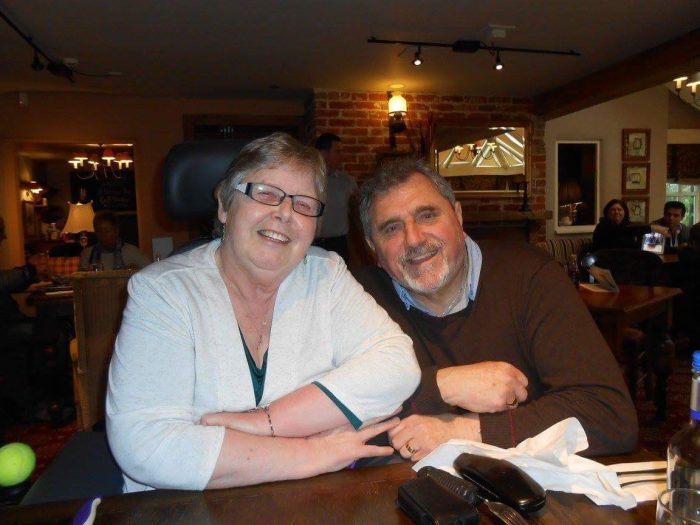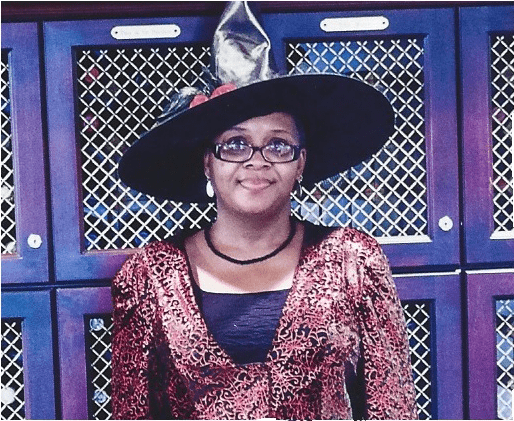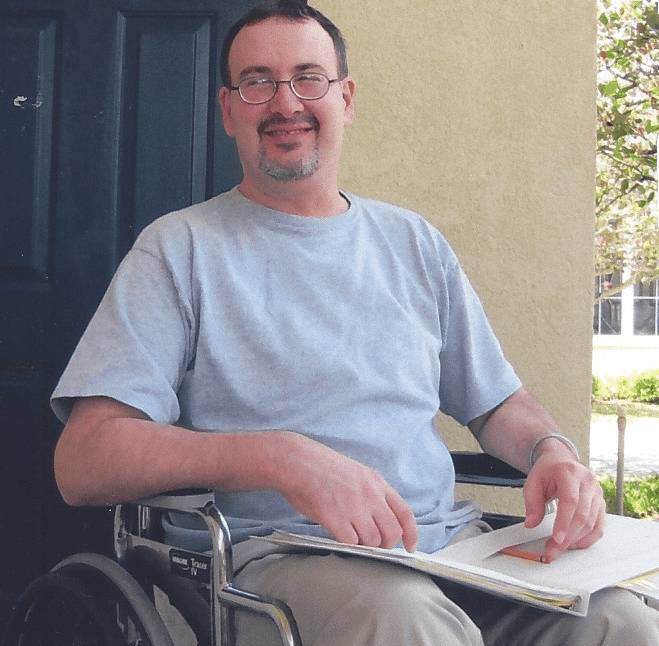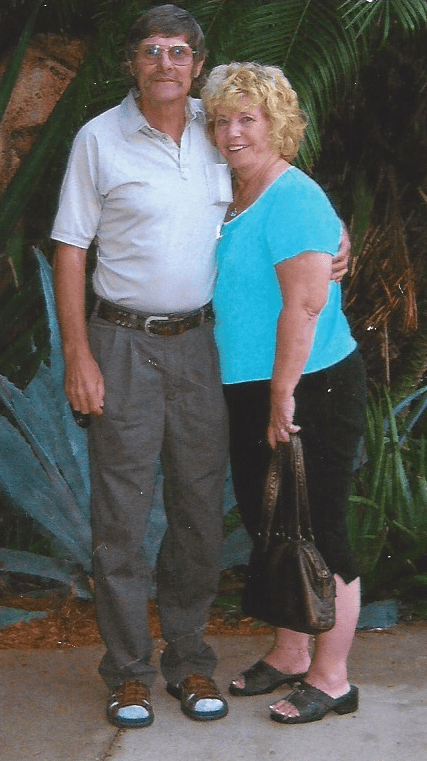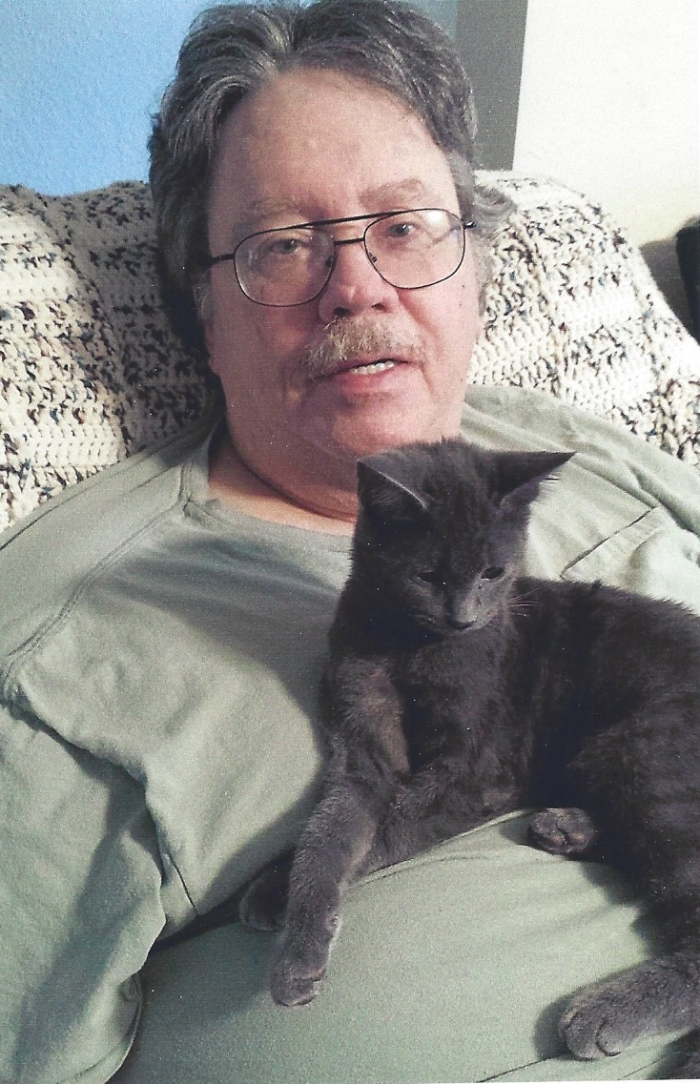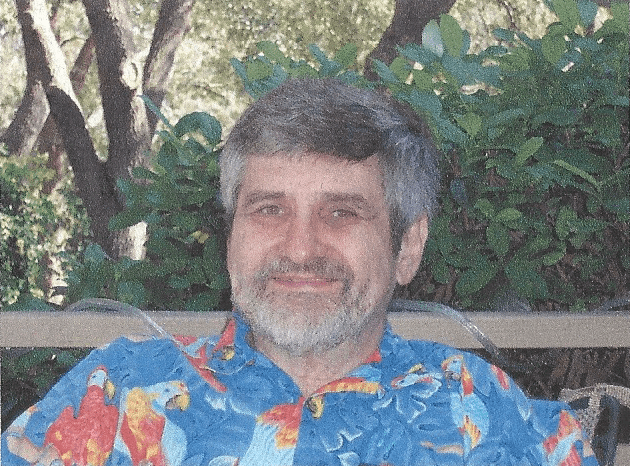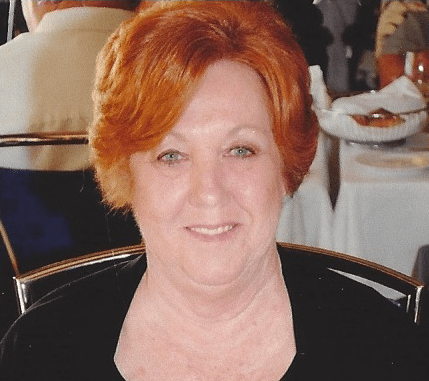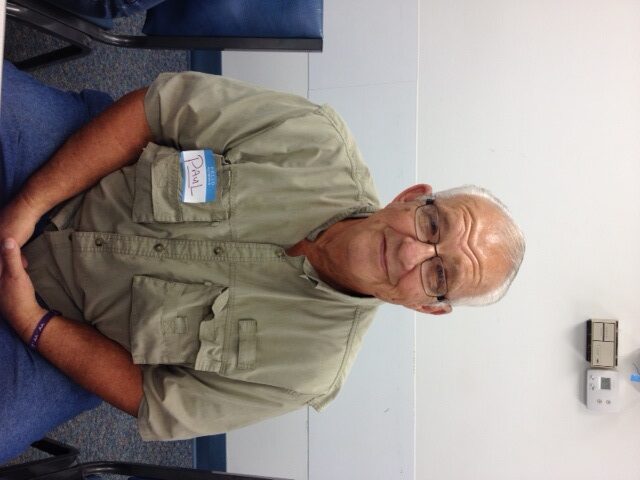Shouting in the wind
This is a Finding Words story! I survivor 7 stroke/TIA mixes. August 2012 had 2 stroke in 2 weeks affect right carotid artery. I got mild Aphasia but no help that just physio for limbs. We living in France then husband help me and we work real hard and nearly get normal. August 2013 stroke…

